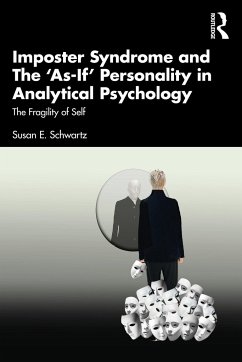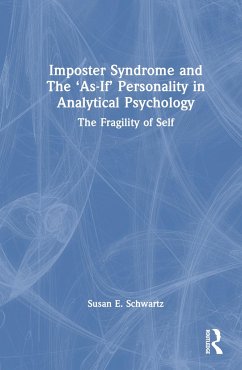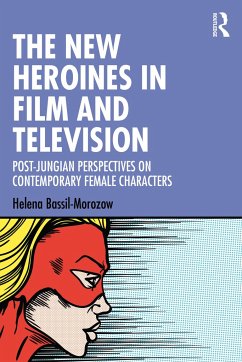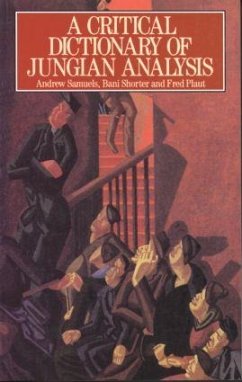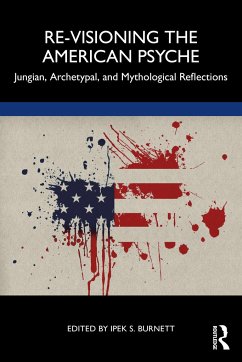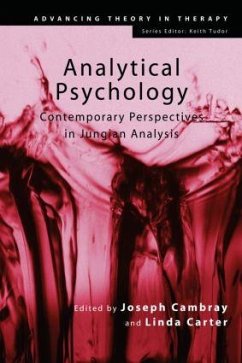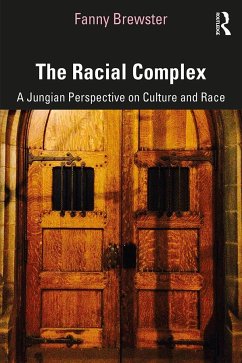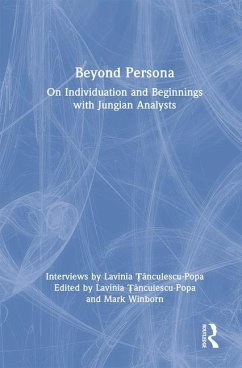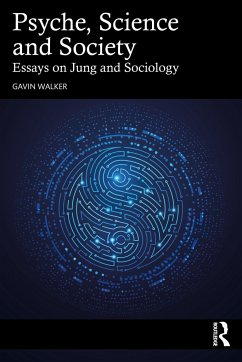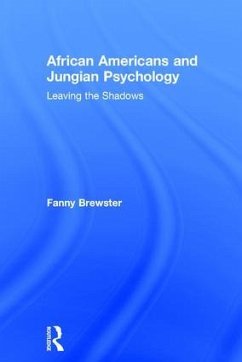
The Spectre of the Other in Jungian Psychoanalysis
Political, Psychological, and Sociological Perspectives
Herausgegeben: Carter, Marybeth; Farah, Stephen

PAYBACK Punkte
17 °P sammeln!
Winner of the IAJS Book Award 2023 for 'Best Edited Book'Winner of the 2023 Gradiva Award for 'Best Edited Book'This volume explores Jung's theories in relation to the concept of Other and in conjunction with the lived experience of it, while examining current events and cultural phenomena through the lens of Jungian and post-Jungian psychology, sociology, literature, film and philosophy.The contributors examine global expressions of these various viewpoints, disciplines and life experiences and how cultural, political and sociological complexes evoke challenges as well as invitations to the i...
Winner of the IAJS Book Award 2023 for 'Best Edited Book'
Winner of the 2023 Gradiva Award for 'Best Edited Book'
This volume explores Jung's theories in relation to the concept of Other and in conjunction with the lived experience of it, while examining current events and cultural phenomena through the lens of Jungian and post-Jungian psychology, sociology, literature, film and philosophy.
The contributors examine global expressions of these various viewpoints, disciplines and life experiences and how cultural, political and sociological complexes evoke challenges as well as invitations to the idea of the Other from intersecting and convergent perspectives.
The Spectre of the Other in Jungian Psychoanalysis is timely and important reading for Jungian and post-Jungian analysts, therapists, academics, students and creatives.
Winner of the 2023 Gradiva Award for 'Best Edited Book'
This volume explores Jung's theories in relation to the concept of Other and in conjunction with the lived experience of it, while examining current events and cultural phenomena through the lens of Jungian and post-Jungian psychology, sociology, literature, film and philosophy.
The contributors examine global expressions of these various viewpoints, disciplines and life experiences and how cultural, political and sociological complexes evoke challenges as well as invitations to the idea of the Other from intersecting and convergent perspectives.
The Spectre of the Other in Jungian Psychoanalysis is timely and important reading for Jungian and post-Jungian analysts, therapists, academics, students and creatives.





